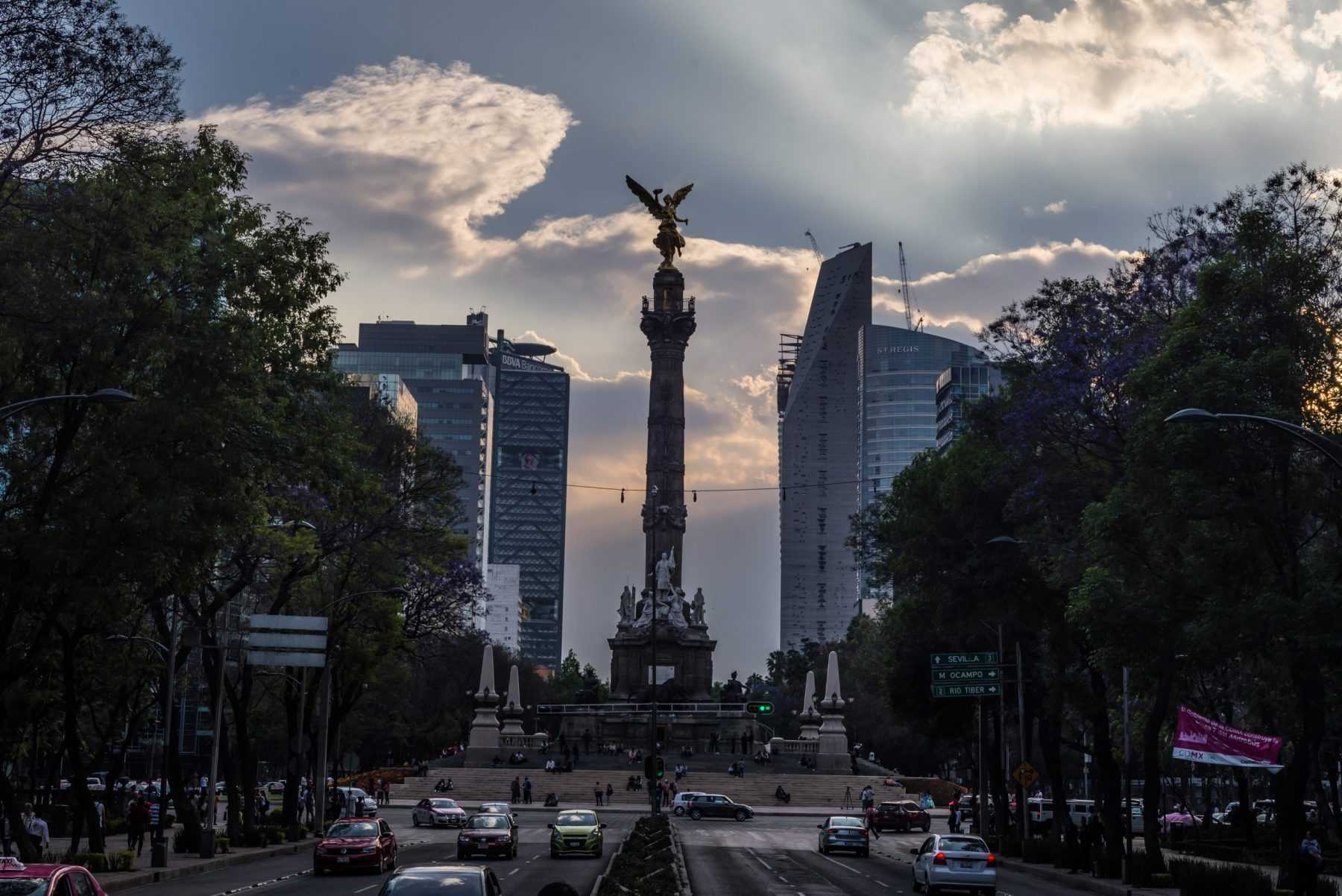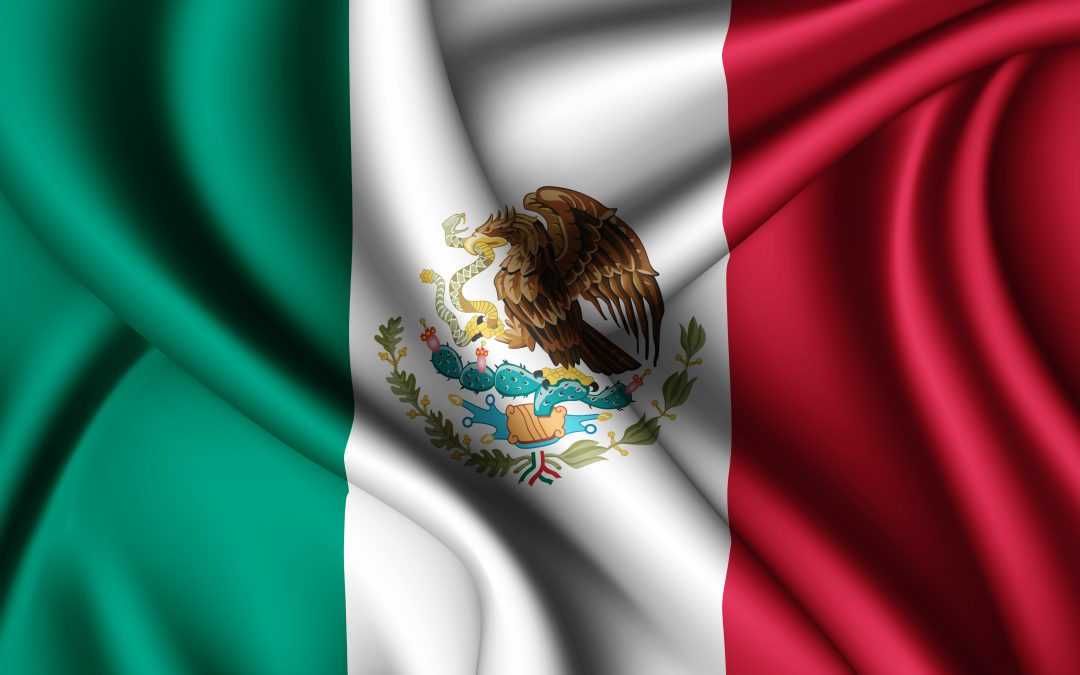
Mexico
Mexico is a country between the U.S. and Central America that's known for its Pacific and Gulf of Mexico beaches and its diverse landscape of mountains, deserts and jungles. Ancient ruins such as Teotihuacán and the Mayan city of Chichén Itzá are scattered throughout the country, as are Spanish colonial-era towns. In capital Mexico City, upscale shops, renowned museums and gourmet restaurants cater to modern life.
-
Recommended Travel Vaccinations
-
VACCINE
Hepatitis A
HOW DISEASE SPREADS
You can get Hepatitis A through contaminated food or water in Mexico ,regardless of where you are eating or staying.
PREVENTIVE ACTIONS
•Get vaccinated
•Eat and drink safely
-
VACCINE
Hepatitis B
HOW DISEASE SPREADS
You can get hepatitis B through sexual contact, contaminated needles, and blood products, so CDC recommends this vaccine if you might have sex with a new partner, get a tattoo or piercing, or have any medical procedures.
PREVENTIVE ACTIONS
•Get Vaccinated
•Avoid sharing body fluids
•Avoid non sterile medical or cosmetic equipment
-
VACCINE
Typhoid
HOW DISEASE SPREADS
You can get Typhoid through contaminated food or water in Mexico especially if you are staying with friends or relatives, visiting smaller cities or rural areas, or if you are an adventurous eater.
PREVENTIVE ACTIONS
•Get vaccinated
•Eat and Drink safely
-
VACCINE
Rabies
HOW DISEASE SPREADS
You can get Rabies from the Saliva of the infected animals.
PREVENTIVE ACTIONS
•Get Vaccinated
•Keep away from animals
-
VACCINE
Maleria
HOW DISEASE SPREADS
Malaria is a mosquito-borne infectious disease that effects humans and other animals.Malaria causes symptoms that typically include fever, tiredness, vomiting, and headaches.In severe cases it can cause yellow skin, seizures, coma, or death. You may need to take prescription medicine before, during, and after our trip to prevent malaria, depending on your travelplans, such as where you are going, when you are traveling, and if you arespending a lot of time outdoors or sleeping outside.
PREVENTIVE ACTIONS
•Take antimalarial meds
• Prevent bug bites
VACCINE
HOW DISEASE SPREADS
PREVENTIVE ACTIONS
-
-
Routine Vaccinations for Mexico
-
VACCINE
Measles, Mumps and Rubella Vaccination (MMR)
HOW DISEASE SPREADS
Measles, mumps, and rubella are viral diseases.Measles starts as a fever, cough, runny nose, conjunctivitis (pinkeye), and a red, pinpoint rash that starts on the face and spreads to the rest of the body.The mumps virus usually causes swelling in glands just below the ears, giving the appearance of chipmunk cheeks.Rubella is also known as German measles. It can cause a mild rash on the face, swelling of glands behind the ears, and in some cases, swelling of the small joints and low-grade fever.
PREVENTIVE ACTIONS
•Get vaccinated
• Avoid sharing contacts with infected people
• Wash your hands usng soap
• Avoid infected person coughs, sneezes or even talks
-
VACCINE
Tetanus, Diphtheria and Pertussis (Tdap) Vaccination
HOW DISEASE SPREADS
Tetanus enters the body through breaks in the skin. This is most often cuts or wounds made by contaminated objects.Tetanus enters the body through a wound or cut. It affects the brain and nervous system and causes extremely painful muscle spasms.Diphtheria is a very contagious infection that makes it difficult to breathe. In severe cases, it can cause heart and nerve damage.Pertussis, or whooping cough, is an extremely contagious respiratory infection that can lead to severe breathing problems, especially in infants.
PREVENTIVE ACTIONS
•Get vaccinated
-
VACCINE
Polio Vaccination
HOW DISEASE SPREADS
Polio (poliomyelitis) is a potentially deadly, life-altering disease. The virus enters the body and attacks the brain and spinal cord, often causing paralysis.
PREVENTIVE ACTIONS
•Get Vaccinated
•Avoid sharing contacts with infected people
•Avoid contaminated food or water, though sneezes or coughs can transmit the virus
-
VACCINE
Chickenpox (Varicella) Vaccination
HOW DISEASE SPREADS
Chickenpox is a highly contagious infection caused by the varicella-zoster virus. It causes a blister-like rash across the body.Chickenpox can spread from someone with shingles to other who has never had the disease. This happens if a person touches or inhales droplets of the shingles blisters.
PREVENTIVE ACTIONS
•Get Vaccinated
•Avoid sharing contacts with infected people
-
VACCINE
Shingles Vaccination
HOW DISEASE SPREADS
Shingles is a viral infection that causes a painful rash. Although shingles can occur anywhere on your body, it most often appears as a single stripe of blisters that wraps around either the left or the right side of your torso. Shingles is caused by the varicella-zoster virus — the same virus that causes chickenpox.
PREVENTIVE ACTIONS
•Vaccine can still be given if you have had shingles.
-
VACCINE
Pneumonia (Pneumococcal) Vaccination
HOW DISEASE SPREADS
Pneumonia is a lung infection that can affect people of all ages.But the two age groups at highest risk are: Children who are 2 years old or younger People who are age 65 or older.
Common symptoms for pneumonia are: cough, fever, nasal congestion and shortness of breath.Many germs can cause pneumonia. The most common are bacteria and viruses in the air we breathe.PREVENTIVE ACTIONS
•Get vaccinated
•Avoid Smoking
•Keep your immune system strong
-
VACCINE
Influenza (Flu) Vaccine
HOW DISEASE SPREADS
This is a viral infection that spreads from person-to-person. Everyone over six months old should receive an annual flu vaccination.
PREVENTIVE ACTIONS
•Get Vaccinated
•Away from people who are infected cough or sneeze
VACCINE
HOW DISEASE SPREADS
PREVENTIVE ACTIONS
-
by ptadmin | Nov 20, 2019 | Destinations, Top Destinations | 0 comments



Recent Comments